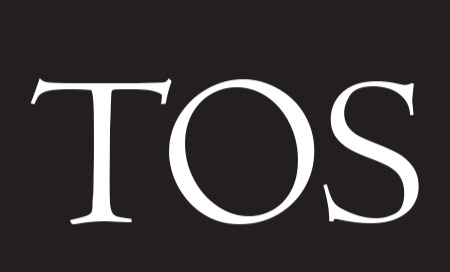The Dhandho Investor: The Low-Risk Value Method to High Returns, by Mohnish Pabrai. Hoboken, NJ: John Wiley & Sons, 2007. 208 pp. $27.95 (hardcover).
Keep reading with a 7-day free trial
Subscribe to The Objective Standard to keep reading this post and get 7 days of free access to the full post archives.



